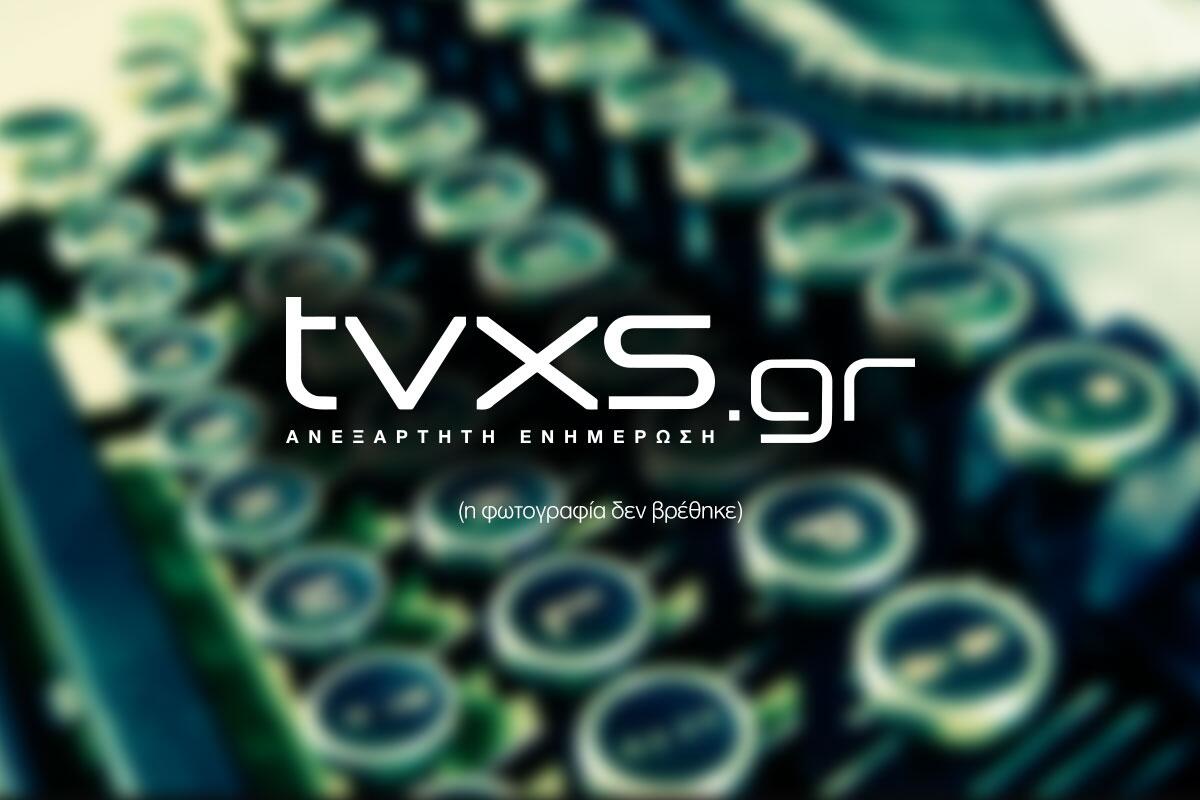C O N F I D E N T I A L ATHENS 000213
SIPDIS
SIPDIS
E.O. 12958: DECL: 02/14/2018
TAGS: PGOV, PREL, GR
SUBJECT: CONTRARIAN FORMER FM PANGALOS ON MACEDONIA,
EDUCATION REFORM, PASOK POLITICS
Classified By: AMBASSADOR DANIEL SPECKHARD. REASONS 1.4 (B) AND (D).
1. (C) In a cordial introductory meeting wit Ambassador,
former PASOK Foreign Minister (196-1999) Theodoros Pangalos
— known during his tenure at the MFA for a sharp tongue and
undiplomatic approach — said he thought the name issue
between Greece and Macedonia was “ridiculous” and a “disaster
from the beginning.” Now that the Republic of Macedonia had
been created, he argued, the Macedonians should be allowed to
use whatever name they wished. Indeed, Greece should be
honored by Macedonia wanting to use the name. As for Greek
fears of irredentism, these too were “ridiculous” and stemmed
from the Greek right´s memories of the civil war and fears of
communist forces coming into Greece from the Slavic
countries. As for the way out of the current impasse,
Pangalos said the U.S. should not worry about Greece blaming
the U.S. for not solving the problem (though he offered no
reason to back up the assertion). He said he thought the
Nimetz proposal was a reasonable approach and noted that he
had told FM Bakoyannis that PASOK would not “exploit the
issue.” PASOK would criticize the government for its
handling but would not manipulate the substance of the issue
to Greece´s detriment.
2. (C) On education reform, Pangalos took a similarly
maverick view. In contrast to his party´s opposition to the
ND government´s efforts to change Greek law to allow private
higher educational institutions, Pangalos said everyone knew
the current system of public universities in Greece was
“b.s.” and that private institutions should be recognized.
He noted that even his leftist professor second wife (he has
been married three times and said his personal life was a
“disaster”) refused to send their son to a Greek university,
opting instead to send the boy to the UK. He said Greece was
number three in the world (after India and China) in terms of
the number of students it exported. But the Greek left —
including his own party — had hitched itself to the policy
of opposing private universities. Particularly guilty was
the Synaspismos party, which had taken a demagogic approach
to the issue and was just inflaming the situation.
3. (C) Finally, Pangalos offered an assessment of the current
political situation in Greece and the PASOK party´s fortunes.
He asked rhetorically why PASOK was doing so poorly even
though, as opposition, its fortunes should be rising as the
government increasingly got into trouble. Pangalos
attributed PASOK´s slide, first, to changing economic
conditions. Since joining the EU, Greece had seen rapid
economic growth, which created and benefited the middle
class, making them wary of changing political leadership. At
the same time, the government — beginning under PASOK PM
Simitis — had to limit deficit spending in line with EU
rules. This hurt pensioners, new graduates, and others on
the lower end of the economic ladder who were a natural PASOK
constituency but were angered by what they perceived to be
PASOK´s complicity in cutting government support. PASOK also
suffered from poor leadership and poor leadership decisions.
George Papandreou was honest and direct, but he was a poor
communicator and not a leader. At the same time, PASOK was
doing a bad job in pitching itself to voters, who perceived
PASOK and ND as the same. From that perspective, Pangalos
argued, Greek voters saw little reason to bother switching
governments.
4. (C) COMMENT: Pangalos avoided the sharp language that
characterized his statements as FM, but he was not shy in
taking positions at variance with his party and, indeed, most
of the Greek political establishment. Our conversations with
Greeks indicate that a very small percentage would agree with
Pangalos on the Macedonia name issue. The overwhelmingly
more common position is one of opposition to compromise. And
Pangalos is unlikely to voice in public the opinions he
voiced with us.
SPECKHARD
;2008-02-15 08:53
Στην Ελλάδα τα ΜΜΕ που στηρίζουν τις νεοφιλελεύθερες πολιτικές, χρημαδοτούνται από το ... κράτος. Tο tvxs.gr στηρίζεται στους αναγνώστες του και αποτελεί μια από τις ελάχιστες ανεξάρτητες φωνές στη χώρα. Mε μια συνδρομή, από 2.9 €/μήνα,ενισχύετε την αυτονομία του tvxs.gr και των δημοσιογραφικών του ερευνών. Συγχρόνως αποκτάτε πρόσβαση στα ντοκιμαντέρ και το περιεχόμενο του 24ores.gr.
Δες τα πακέτα συνδρομών >




